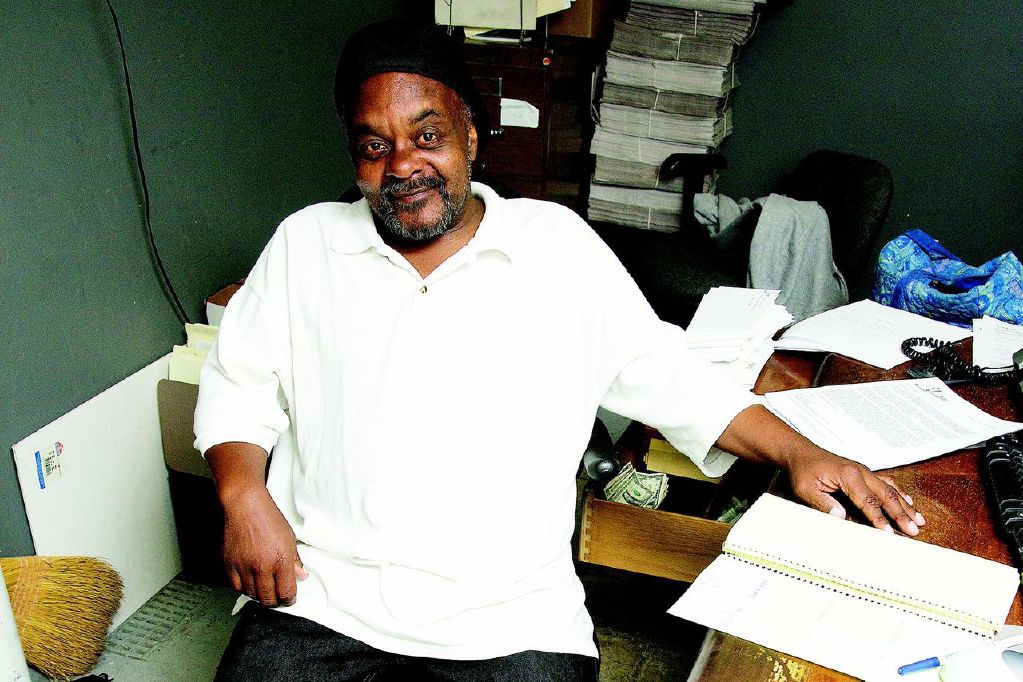A couple of weeks ago, several homeless advocates and I received word that a homeless man from a Boston shelter had died from meningitis. A few things ran through my mind as I talked with the other advocates.
Obviously, my first concern was making sure our own vendors were safe. My other thought was: why in hell are we only hearing about this now? After all, this was four days after the death. It was mid-February, and according to the Globe story—which is, by the way, how we all found out about this—the first signs of the illness were detected in mid-January.
Even if the reports are true that those signs weren’t connected with the person who passed away, advocates and others who work with the homeless should still have been notified. If, as advocates, we’re only getting this information now, what about the homeless people who don’t go into the shelters? Were they receiving the same information? If so, did they receive it in a timely manner? Are health emergencies like this one part of the so-called “plan” the City bragged about to the media in January?
This plan would let the Boston Department of Public Health keep open around the clock as many shelters as possible during the winter while also providing more outreach efforts and overflow spaces. “Overflow spaces,” by the way, is shelter lingo for sleeping on mats on a cold hard floor.
Familiarity with the conditions of many shelters in the Boston area means this writer is not surprised that a disease like meningitis could spread in the shelter system. In fact, I wonder why there hasn’t been more of it. Many shelter providers and employees talk about sleeping on a mat on a cold floor as if it’s not a big deal, as if it’s just like sleeping in the street. But mats don’t stop germs getting into your body, and those little wool blankets the shelters give out are hardly enough to keep someone warm. Besides, the showers and bathroom facilities in some shelters are never completely cleaned, and some employees do a half-assed job. How do I know this? I’ve lived and worked in the system.
As far as beds in the shelters are concerned, many have plastic mattresses that hold onto germs. There’s no way you can adequately clean them. Many shelter buildings are old, cold and drafty; it’s no wonder people get sick. If it wasn’t for Boston Health Care for the Homeless, things could be far worse. So no matter how the DPH tries to spin it, the “plan” is coming up short.

Leave a Reply
You must be logged in to post a comment.